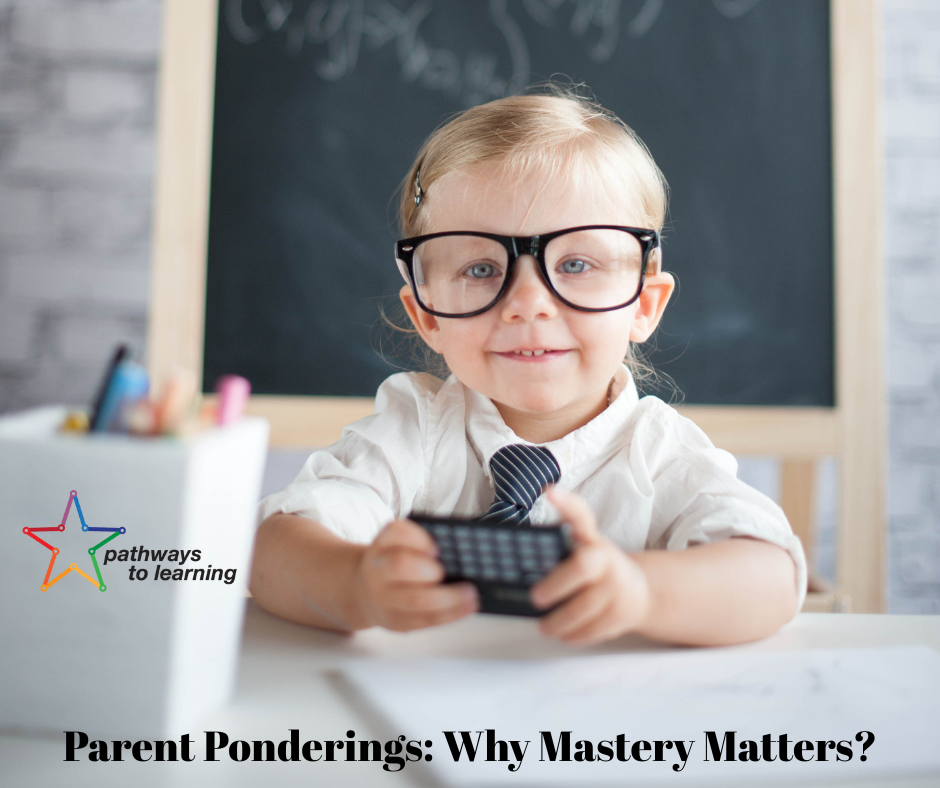Why can’t my very bright and advanced kiddo move to the next level early?
Did you know that it’s essential for a child’s social and emotional development to spend time “sitting in mastery” before moving on? When a child reaches mastery, they can simply enjoy, explore, and celebrate what they know—and that sense of confidence releases the brain’s natural “happy chemicals” like dopamine and serotonin.
Think about it like this: when your child has developed mastery and things begin to feel easy, they’re making deposits into their internal emotional bank account—deposits they’ll draw from when challenges arise later. Without these deposits, children “overdraft” that account, which can increase stress, anxiety, and struggles with self-esteem, and even affect sleep, eating, and focus as they grow.
Often, just 6–8 more weeks in a familiar, comfortable level can make a big difference! At the same time, there’s a delicate balance. If we leave a child in a stage of mastery for too long, boredom and disengagement can creep in. The goal isn’t to hold them back—it’s to give them the sweet spot where confidence and curiosity meet. When we move forward from mastery rather than frustration or pressure, children enter the next stage eager, joyful, and ready to learn.
At Kindermusik, we’re thinking about your child’s whole journey, not just the next step. When we move up too soon, it can start a snowball effect—where we feel constant pressure to keep advancing before children are developmentally ready. While your child may be advanced in certain areas, most children have other areas (often social and emotional) that are developing right on schedule—and those areas need time to catch up.
In a world that often prioritizes speed and achievement, it’s powerful to remember that children thrive when we slow down, allow space for play, and celebrate the joy of “being ready.” Encouraging a growth mindset, prioritizing connection over comparison, and allowing unstructured time are all vital in helping children develop confidence, resilience, and emotional balance.
By giving children time to grow at their own pace, we nurture not just their skills—but their sense of self, curiosity, and joy in learning. 🌟

